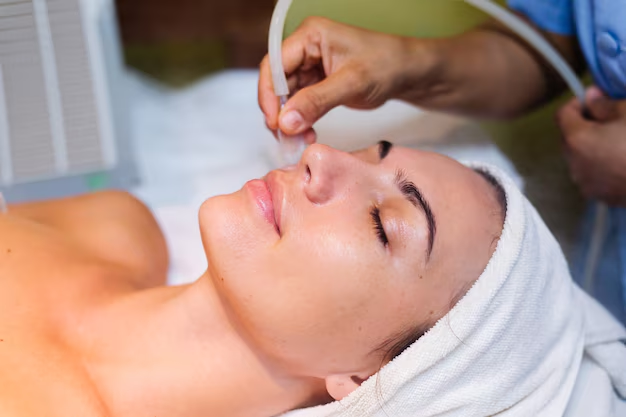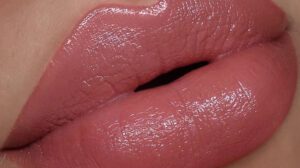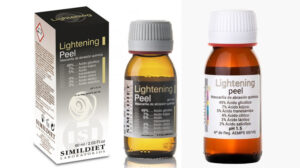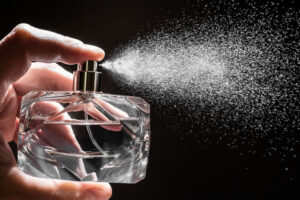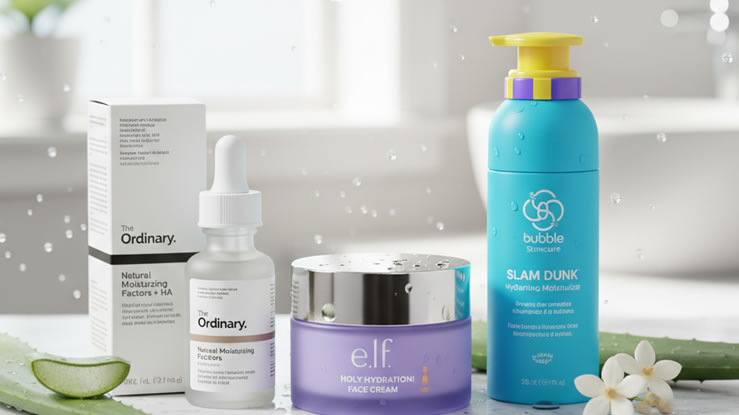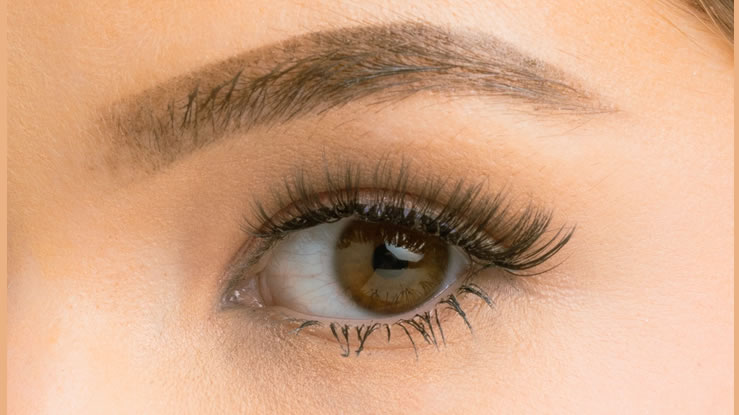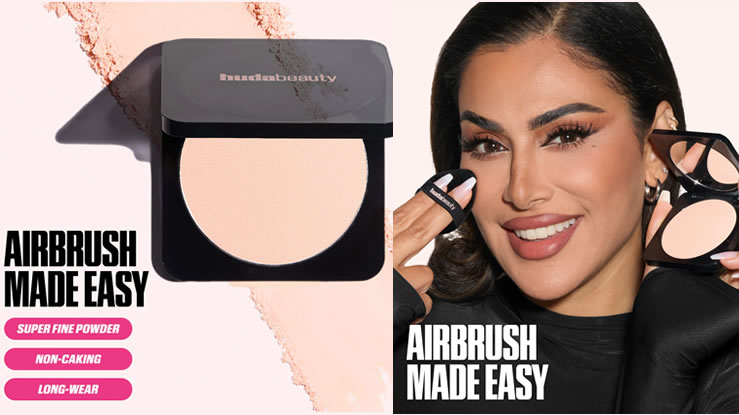When it comes to taking care of black skin, it’s important to be mindful of the products and ingredients you use. Black skin, due to its higher melanin content, is more prone to certain skin conditions like hyperpigmentation, sensitivity to harsh chemicals, and dryness. While there are many products designed to enhance the natural beauty of black skin, some can actually do more harm than good.
In this article, we’ll discuss what you should avoid using on black skin to keep it healthy, radiant, and free from unnecessary damage.
Harsh Exfoliants
Physical exfoliants with large, rough particles can be too abrasive for black skin. Scrubbing too hard can cause micro-tears, leading to irritation, inflammation, and potential scarring. Over-exfoliation can also strip away the skin’s natural oils, leaving it dry and vulnerable to environmental damage.
- What to avoid: Scrubs with large grains like apricot kernels or walnut shells.
- Alternative: Opt for gentle chemical exfoliants with AHAs or BHAs like glycolic acid or salicylic acid to exfoliate without irritation.
Products Containing Hydroquinone
Hydroquinone is often used to lighten dark spots or treat hyperpigmentation. However, this ingredient can be too harsh for black skin, leading to adverse effects like ochronosis, a condition that causes skin darkening. Prolonged use of hydroquinone can also damage the skin’s ability to produce melanin correctly, leading to uneven skin tone.
- What to avoid: High-concentration hydroquinone creams.
- Alternative: Try natural alternatives like licorice root extract or Vitamin C to fade dark spots safely over time.
Alcohol-Based Products
Alcohol is commonly found in toners, astringents, and even some moisturizers. However, alcohol can be extremely drying to the skin. For black skin, which can already be prone to dryness, alcohol-based products can worsen the issue, leading to flakiness, irritation, and excessive oil production as the skin tries to compensate for the loss of moisture.
- What to avoid: Alcohol-heavy toners and astringents.
- Alternative: Choose hydrating toners with ingredients like rose water, witch hazel (without alcohol), or hyaluronic acid.
Benzoyl Peroxide
While benzoyl peroxide is a common treatment for acne, it can be too harsh for darker skin tones. It has been known to cause excessive dryness, irritation, and, in some cases, post-inflammatory hyperpigmentation (PIH) in individuals with black skin. This means that the acne you were trying to treat can leave behind dark spots that are even harder to fade.
- What to avoid: Benzoyl peroxide in high concentrations.
- Alternative: Opt for gentler acne treatments like tea tree oil or products containing salicylic acid, which help clear pores without excessive irritation.
Fragranced Skincare Products
Fragrance is one of the most common causes of irritation and allergic reactions in skincare. Black skin can be particularly sensitive to synthetic fragrances, which can lead to rashes, irritation, and even eczema. Prolonged use of fragranced products may also cause dark spots in areas of irritation.
- What to avoid: Skincare products with artificial fragrances.
- Alternative: Use fragrance-free or naturally scented products, and always do a patch test before applying to your face.
Heavy Oils That Clog Pores
While some oils can be very nourishing for black skin, heavy oils such as coconut oil or mineral oil may clog pores and lead to breakouts. Darker skin tones are more prone to keloid scarring, so avoiding products that cause clogged pores and acne is essential.
- What to avoid: Heavy oils like coconut oil (for face), mineral oil, and petroleum jelly.
- Alternative: Non-comedogenic oils like argan oil or jojoba oil, which provide moisture without clogging pores.
Bleaching Products
Skin-bleaching products can be incredibly damaging to black skin. These products often contain harmful ingredients like mercury, steroids, or high concentrations of hydroquinone that can lead to permanent skin damage, thinning of the skin, and a patchy or uneven skin tone.
- What to avoid: Skin-lightening or bleaching creams.
- Alternative: Focus on natural ways to even out skin tone using ingredients like niacinamide, Vitamin C, and licorice extract.
Sulfate-Based Cleansers
Sulfates are common in foaming cleansers, but they can be very drying and strip the skin of its natural oils. This can lead to skin that feels tight, dry, and irritated. For black skin, maintaining moisture is crucial to preventing flakiness, ashiness, and inflammation.
- What to avoid: Sulfate-based cleansers, such as those containing sodium lauryl sulfate (SLS).
- Alternative: Use sulfate-free cleansers that maintain the skin’s natural moisture barrier, like cream or oil-based cleansers.
Black skin requires special care and attention, especially when it comes to selecting skincare products. Avoiding harsh ingredients like hydroquinone, alcohol, and sulfates will help maintain your skin’s health and beauty. Instead, focus on gentle, hydrating products that address common concerns like dryness, hyperpigmentation, and sensitivity. Always be mindful of what you put on your skin, and consult a dermatologist if you’re unsure about a product’s suitability.






